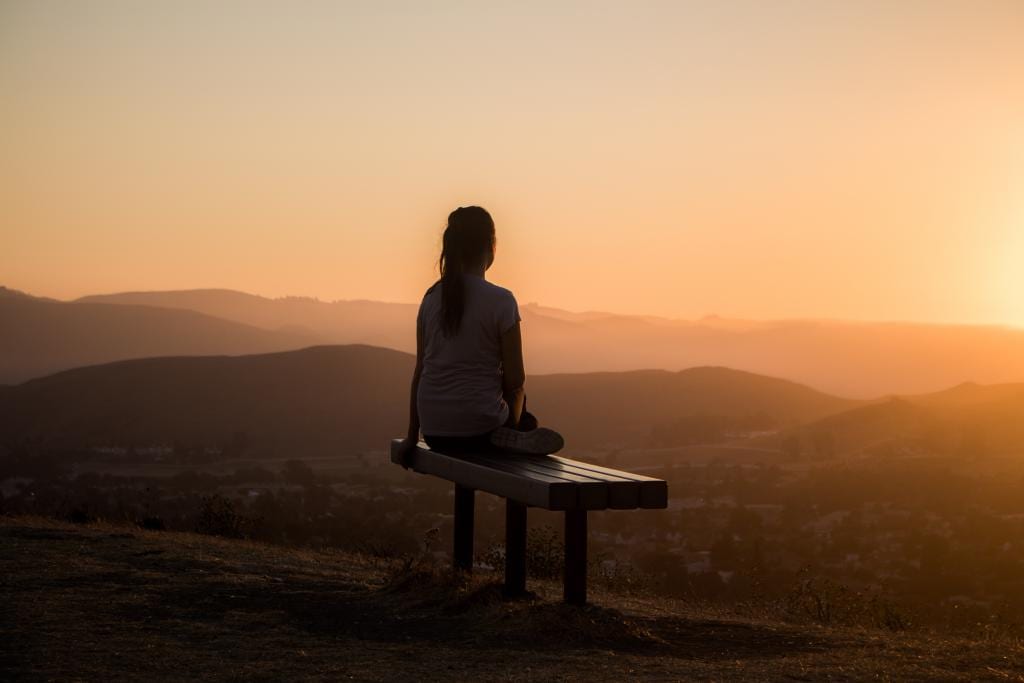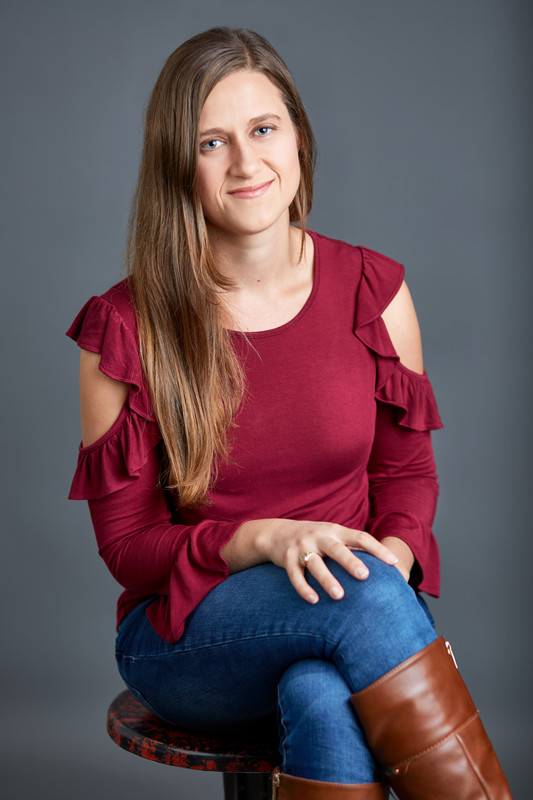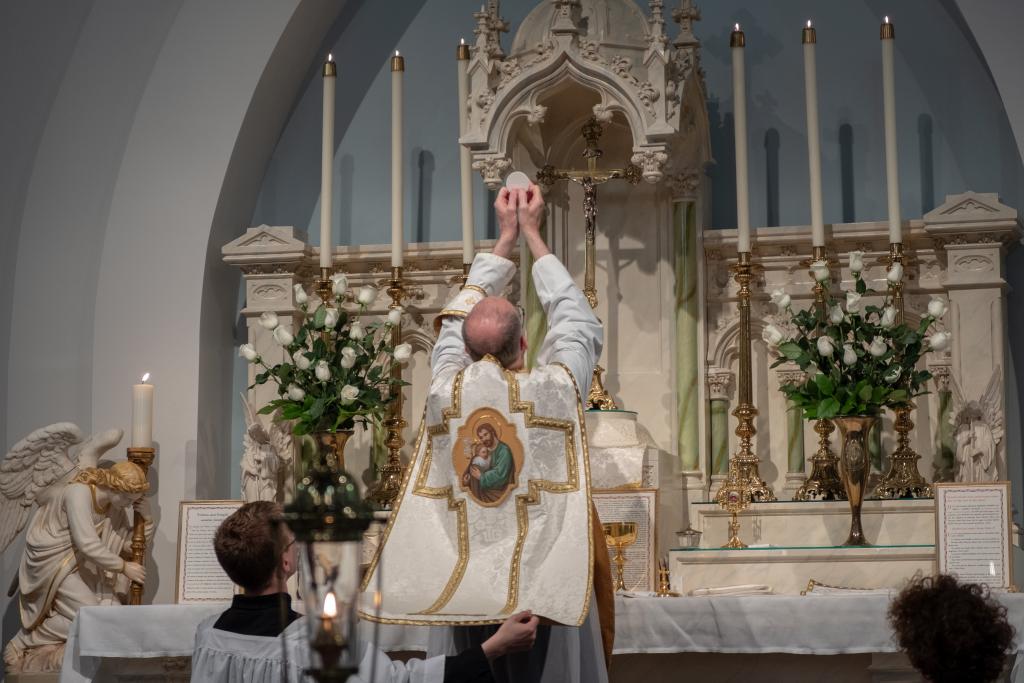When I was a child, my beloved great-grandmother passed away. She was the first person I knew who died, and I struggled to wrap my head around the meaning of it all. What did it mean to no longer be here? I was a highly imaginative child and also a highly religious child, so I did what was natural to me: I imagined a religious story. I told my family that Grandma had appeared in my bedroom, rocking on her rocking chair. My parents, to their credit, believed me. It was kind of them to do so, but I also think they needed the story to help them heal. I don’t consider what I did to be lying – I was a small child emotionally processing a new situation. But this was my first introduction to religious doubt.

But at a certain point, as an adult, I realized I had to come clean about this family legend. And I had to find a way to do so without damaging the faith of people who had trusted me. All the complexity of faith and truth was, for me, encapsulated in this moment. Faith, the Bible says, is hope in things unseen. But the unseen can be deceptive. There is a risk to acknowledging that a story like mine was, on it’s face, untrue. How do I say this isn’t true about every miracle? Every apparition from a small child could be, and many would say is, a story like mine. Our instinct is to double-down on the absolute reality of every shred of evidence of divinity, in order to protect them all. But mature faith must leave room for error. It must leave room for doubt. It must even leave room for the possibility that everything we have pledged our lives to is a just a story. Faith is, to use an over done analogy, a trust fall into the arms of God.
Why We Avoid Talking About Doubt
The most spiritually rigid I have ever been was during the three years I was in grad school for playwriting. The people around me did not share my faith. In fact, they considered my faith a form of emotional immaturity. They had mostly been raised in one religion or another and had, through the course of life, left it behind. Thus I, coming out of a what is essentially a convent school, was simply behind them on the journey to enlightenment. I had yet to leave my faith behind. When I finally did so, everything about me would improve: my art, my sense of humor, my sex life. In this environment, for the first time, I stopped talking about doubt. I started, instead to dive into the sterile world of apologetics. For every challenge I had an argument, preferably from some medieval philosopher. My art did indeed suffer. Fear of losing my God ruled me.
Generally, we avoid talking about doubt for two reasons. First, we are afraid to negatively impact others’ faith. Second, we are afraid of the path down which doubt will lead us. Because when you explore doubt there is always a risk that you will end up losing your faith. So we push doubt away, hold it at bay, and push forward. But this is a grave mistake.
Doubt is An Invitation From God
A relationship with God is a relationship with the unknown. Humans have always reached out for divinity, feebly, and with limited success. There is something fundamental in us, hard wired, to search for God. This is either an evolutionary coping mechanism or it’s planted in us by the divine. We do not know which is true. I think, however, that the more room we leave for this uncertainty, the more air we give it to breathe, the more space we leave for God to fill. If God is the Unknown, than Certainty is the enemy of God. The more we fight doubt, the more we push away our fears and plaster over it with rules and cold logic, the father away I think He is. At least for me, that is the case. If there’s one thing I’ve learned on my relatively short journey, is it’s best not to make assumptions about other people’s faith journey.
Be Not Afraid
The phrases “be not afraid” and “fear not” appear repeatedly in the Bible. An encounter with the Unknowable is destined to be overwhelming, but it is not dangerous. This is the message that God is sending us: when faced with that which you do not understand, do not be afraid. Do not try to rationalize it, or make it fit into a knowable box. Instead, lean into it. Let it embrace you. It’s the only way to know God.















